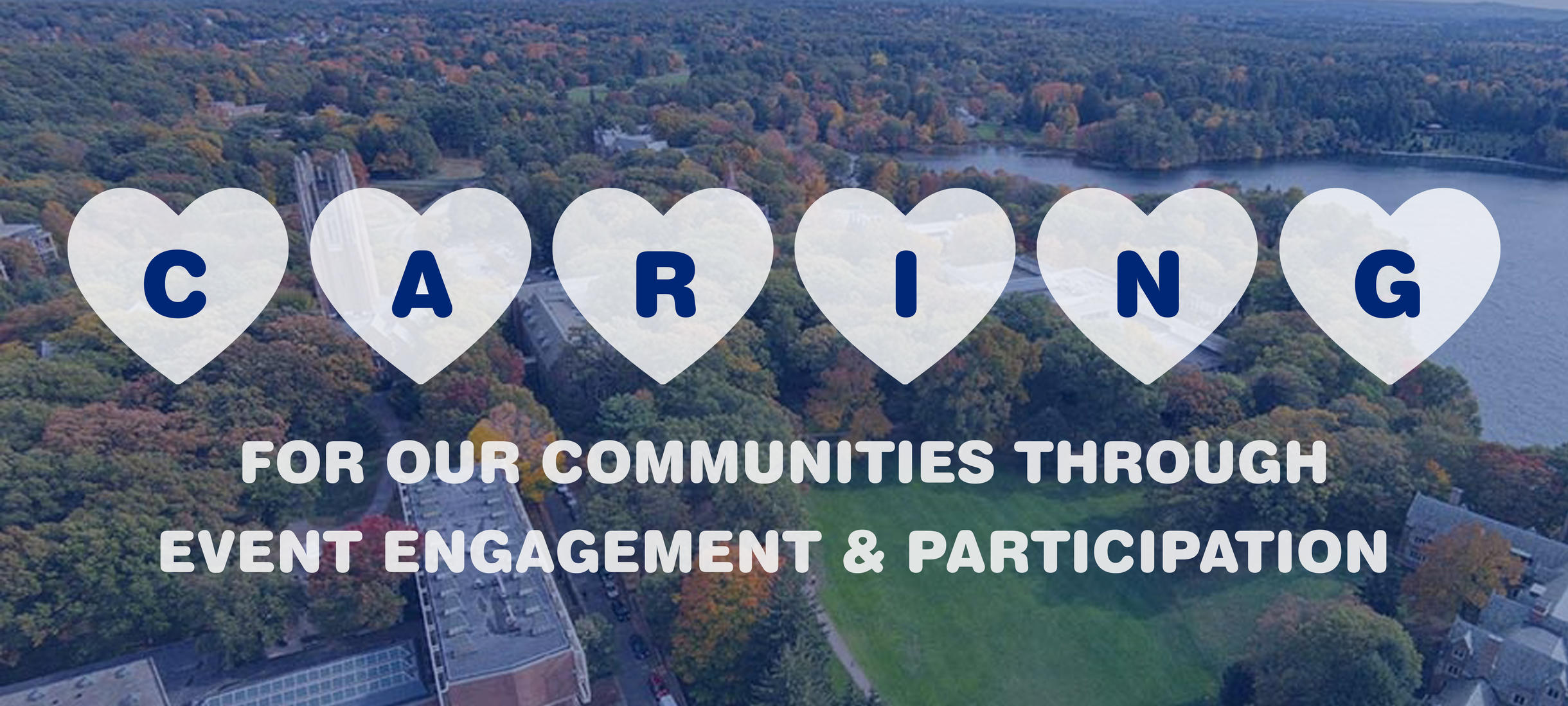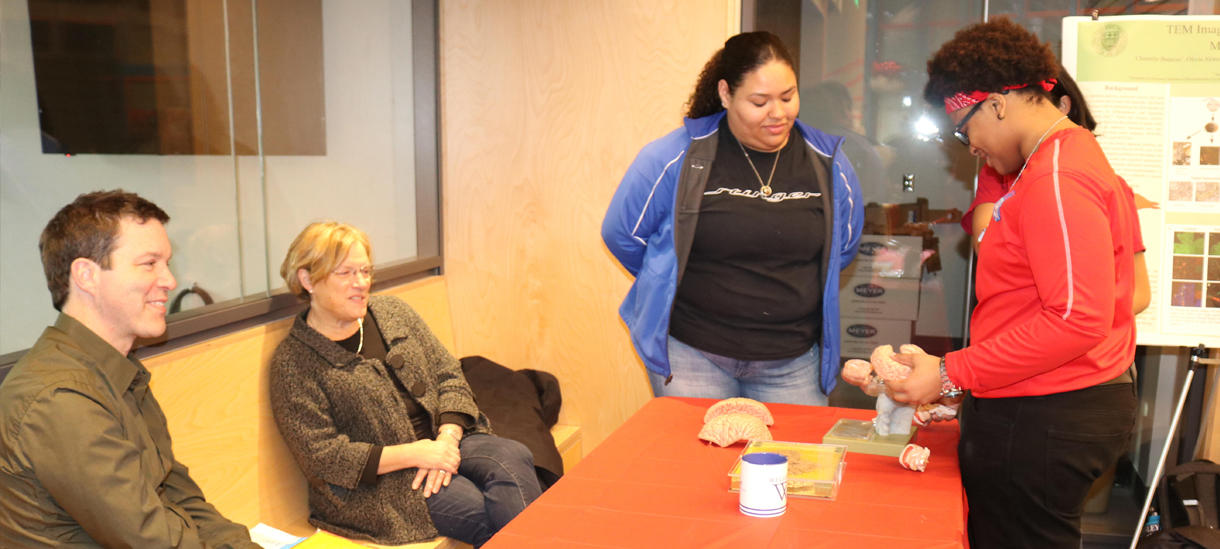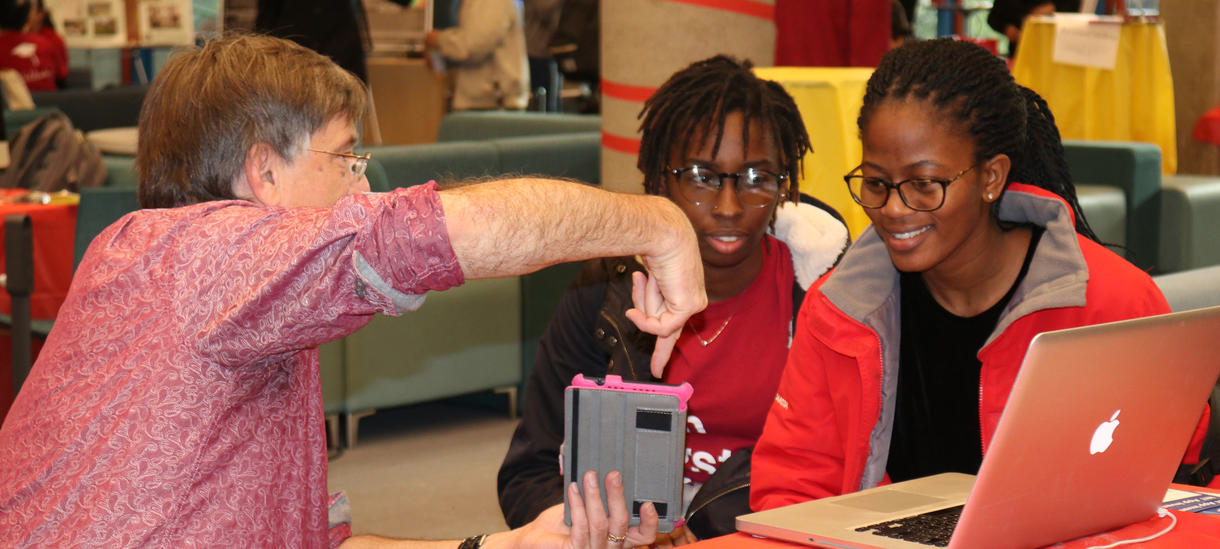
Be a CARING member of your in-person & virtual communities
During this time, community is more important than ever to maintaining connections with one another. Throughout the 2020-2021 academic year, our campus communities will often be connecting virtually through Zoom, while in some cases communities may convene in-person at physically-distant events.
Regardless of the means we use to gather in the upcoming year, we can all play a role in helping our communities thrive by following the CARING model. Below you will find some examples of how to use the CARING model before, during, and after an event.




